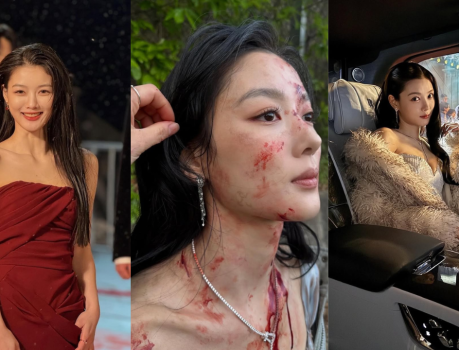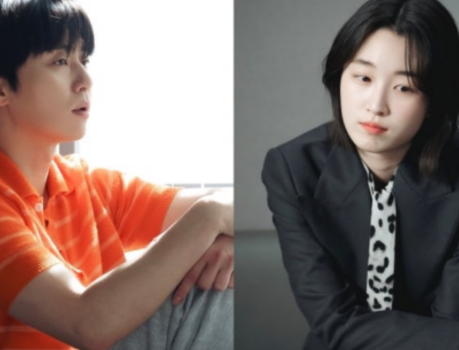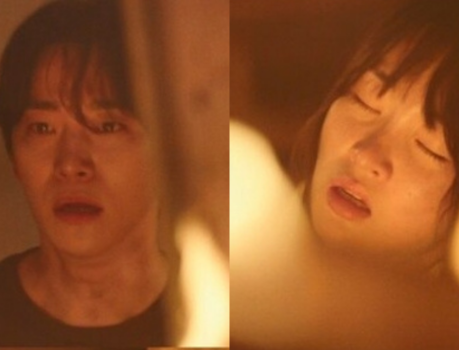You may have noticed while watching k-dramas that the way the character's name is written in the subtitles doesn't sound anything like what the character actually says. That has something do with honorifics and the way characters have to address each other based on their age and their rank at a job or in a family.
But let's start with the basics, which is how Korean names are put together.
Most Korean names have three syllables, the family name or "seong" then two syllables that make up the given name or "ireum." So Lee Min Ho's family name is Lee and his given name is Min Ho.
But if you did not know him well or he was older than you, it would not be polite to call him Min Ho.
Lee is a pretty common name in Korea. There are less than 300 family names and Kim, Lee and Park make up almost half of them. And if he had siblings, his given name might also be a variation on theirs.
When it comes to the two-part given name, all the children in a family may share one of those parts. For example, in the drama "Triangle," the three brothers, Jang Dong Soo, played by Lee Bum Soo, Jang Dong Cheol, played by Kim Jaejoong, and Jang Dong Woo, played by Im Si Wan, each have the name Dong in common.
Traditionally women kept their family name after they married and children took their father's family name, but recently enacted laws make it possible for children to take either of their parent's names.
The fact that it's not common for Koreans to call each other by their first names can make reading subtitles confusing. The subtitles might list the character's actual name but then the character says a variation on that name or something completely different.
Addressing a person by their given name may be considered rude, especially if they are older than you. Even being seconds older can make a difference. A younger twin will still call his brother "hyung."
There are several ways to get around this. You may see the name in the subtitles while the characters call each other "hyung" for older brother or "noona" for older sister. A character will call an older person grandmother or grandfather even if they've never met them before.
You may also notice that parents are referred to as someone's mother or father.
And people also address each other by titles such as chairman or teacher.
In English a few centuries ago, people would refer to each other using the words Miss and Mr. in front of their names, sometimes even when they knew each other well. That's still the case in Korea. Using the word "si" after the given name or whole name as in Park Shin Hye-si is like saying Ms. Park Shin Hye.
It's tricky. Seniority can also trump age when it comes to the workplace. Until all parties agree to lower the honorific level, it is best to stick to the highest level for politeness' sake.
So, if names in subtitles confuse you, there's a reason, but let it stop you from watching. If you see enough dramas you may get the hang of it.
.












